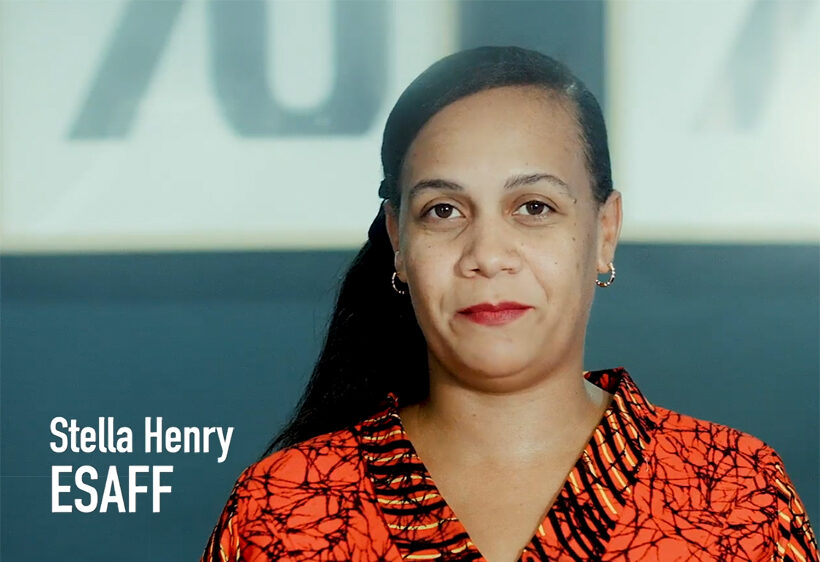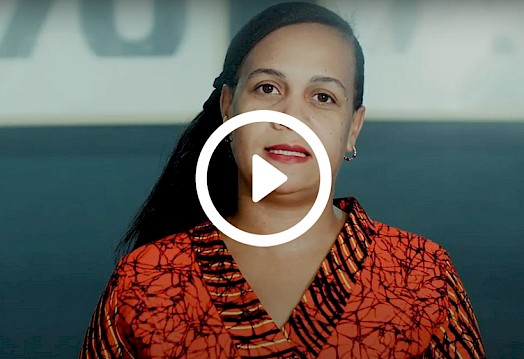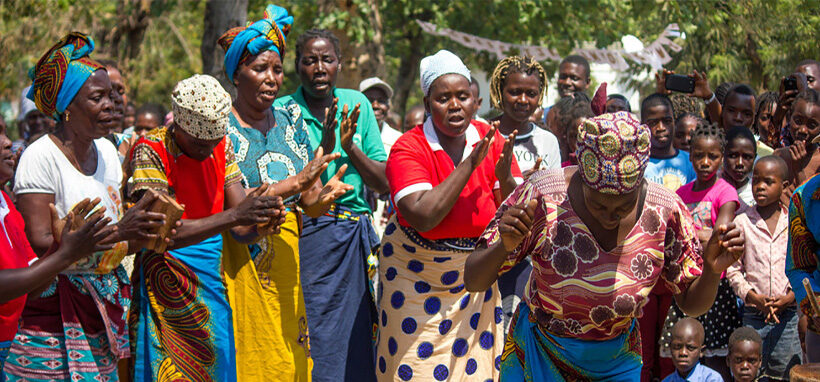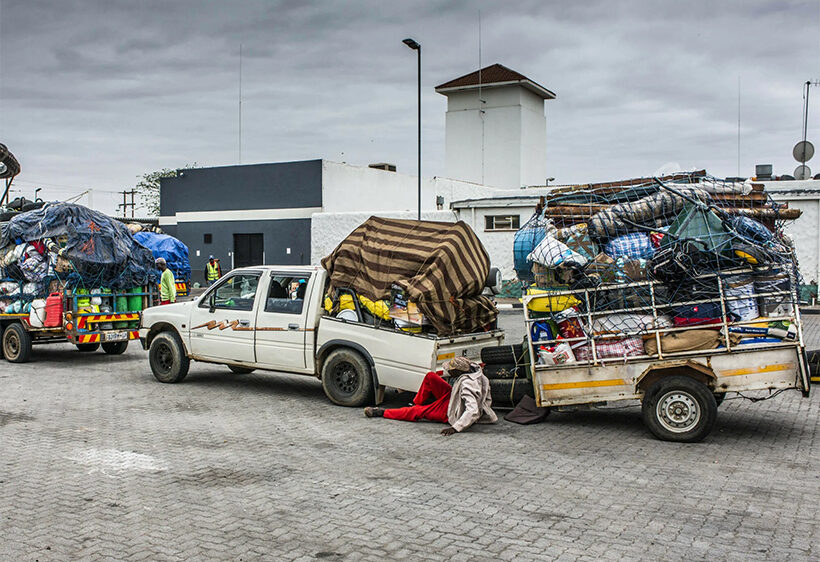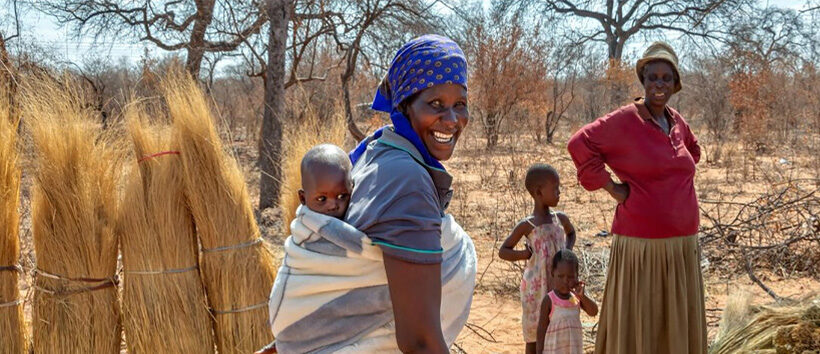Category: Knowledge Hub
State and Future of CSOs in Southern Africa – Changing Landscape
The existential reality of the COVID-19 pandemic is that it has become more than a brutal public health catastrophe. The pandemic started as a public health emergency of international concern but metamorphosed into a socioeconomic and security disaster. Before the pandemic, the world economy was already struggling, reeling from the impact of growing trade protectionism, trade disputes among major trading partners, falling commodity prices and economic uncertainties in Europe over the impact of the UK withdrawal from the European Union (SADC, 2020).
These challenges were already impacting on the global economy with reduced economic output. On the political front, the Economist Intelligence Unit observed that the COVID-19 pandemic revealed the nature of governance currently in existence within the different democracies particularly as it relates to the relationship between governments and the people. In their annual report Democracy Index 2020, The Economist Intelligence Unit notes that it did not require a “pandemic to expose the ailing health of our democracies.”
State of Border and Movements within Southern Africa
Overview of the State of Border Management in Southern Africa
Introduction and Background
At the core of border management systems of nation states is the desire to balance two seemingly contrasting goals: preventing and reducing cross-border security threats on one hand and the facilitation of movement of goods and people for improved trade on the other (African Union, 2020; International Organisation for Migration, 2017). Border management thus encompasses the intersection of mobility and security interests (International Organisation for Migration, 2017).
In recent years, security issues in southern Africa have included terrorism and extremism (as currently happening in northern parts of Mozambique); transnational crimes such as human trafficking, drug peddling, cattle rustling, among others. Thus, achieving a good balance between the security and mobility goals depends on effective border management policies and practices within the key areas of identity management, border management information systems, integrated border management and humanitarian border management, and thus significantly contributing to achievement of several targets within the Sustainable Development Goals (SDGs) such as goal 10, target 10.7 (migration and mobility), and several targets in goals 9 (resilient infrastructure, inclusive industrialisation and innovation) , 16 (peaceful and inclusive societies) and 17 ( revitalising global partnerships) just to mention a few (International Organisation for Migration, 2017).
An Analysis of Poverty and Inequality in Southern Africa During A Global Pandemic
The Southern African region has over the past few years struggled to sustainably reduce its level of poverty and inequality. Inequalities along class, race, and gender continue to characterise the access and control over both productive and reproductive assets in the region. The global COVID-19 pandemic has worked to worsen poverty and inequality in Southern Africa.
Existing social safety nets and welfare programmes, policies, and practices were unprepared and not effective in protecting the most vulnerable populations. Responses across various stakeholders tended to be responsive, with early warning systems and disaster management (including risk reduction efforts), similar to global trends, were largely inadequate.








